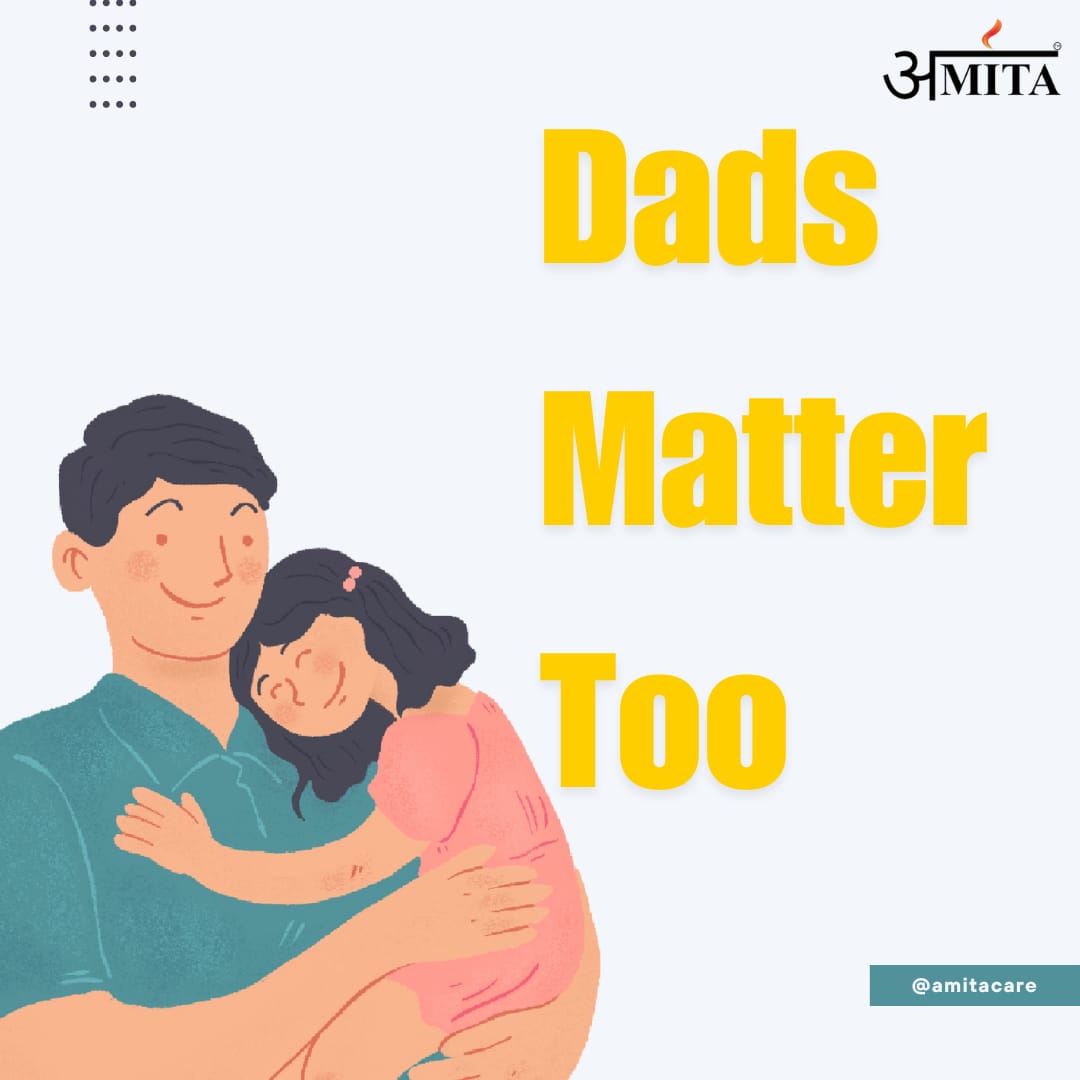
For too long, the conversation around early childhood development has often centered on mothers. But the reality is, dads play a crucial role in shaping a child’s mental well-being right from the very beginning. The first 1000 days, encompassing pregnancy and the first two years of life, are a critical window for brain development. A father’s involvement during this period can have a lasting impact on his child’s emotional and mental health.
Here’s how dads can make a difference:
- Building a Secure Bond: A father’s presence and responsiveness to his child’s cues are essential for fostering a sense of security. Playing, singing, and providing comfort all contribute to building a strong bond. This secure attachment lays the foundation for healthy emotional regulation and future relationships.
- Supporting Mom’s Mental Health: Dads play a vital role in supporting their partners during pregnancy and postpartum. Sharing household chores, offering emotional support, and encouraging self-care for mom creates a more positive and nurturing environment for the baby.
- Promoting Playful Interactions: Playful interactions with dad can be stimulating and enjoyable for infants. Roughhousing, silly voices, and engaging games promote laughter, exploration, and emotional development.
- Modeling Healthy Masculinity: Fathers are a child’s first male role model. By expressing their emotions openly, showing vulnerability, and engaging in nurturing behaviors, dads can challenge traditional stereotypes and promote healthy emotional expression in their children.
Fathers are not just secondary caregivers; they are active participants in shaping their child’s mental health. By being present, engaged, and supportive, dads can contribute significantly to building a strong foundation for their child’s emotional well-being during the critical 1000 days and beyond.
Kanishka
